The UN Starts a Conservation Treaty for the High Seas
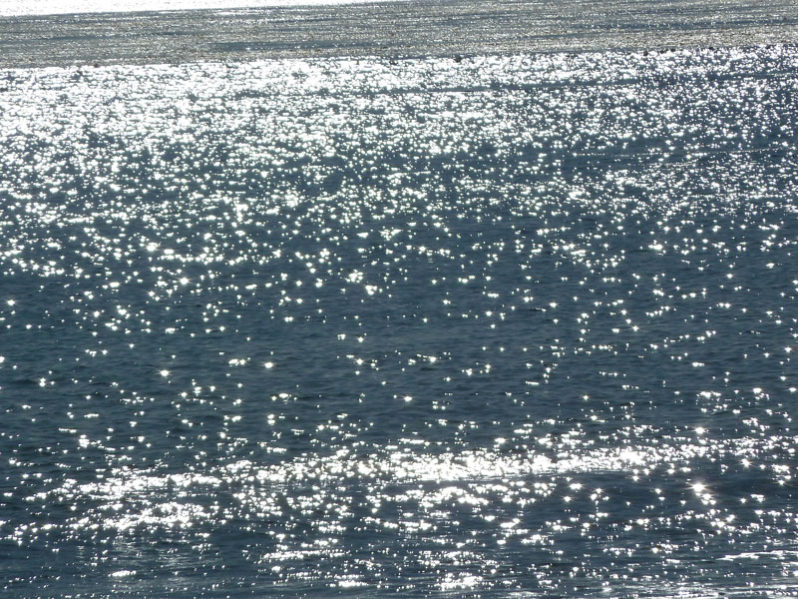
The nations of the world have launched a historic two-year process to create the first-ever international treaty to protect life in the high seas. Covering nearly half of the planet, the high seas are international waters where no country has jurisdiction.
A Chilly End to 2017 for the Northeast
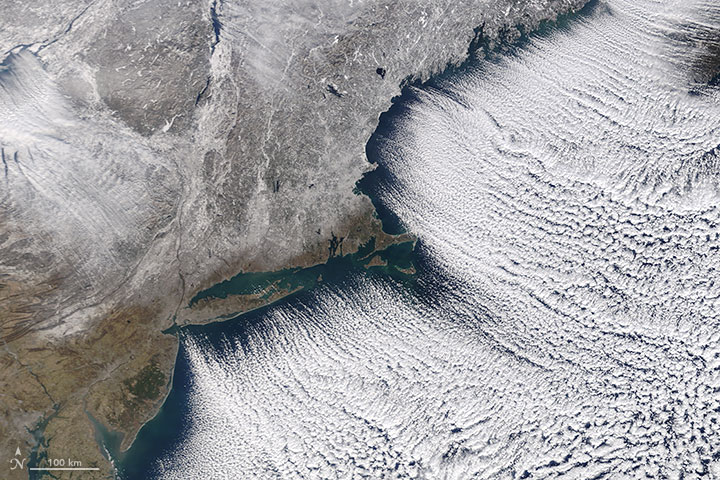
The cold weather pattern has its origins in a large bulge, or ridge, in the jet stream that has brought unseasonably warm weather to Alaska.
Haiti : Transplantation of 85,000 mangrove seedlings
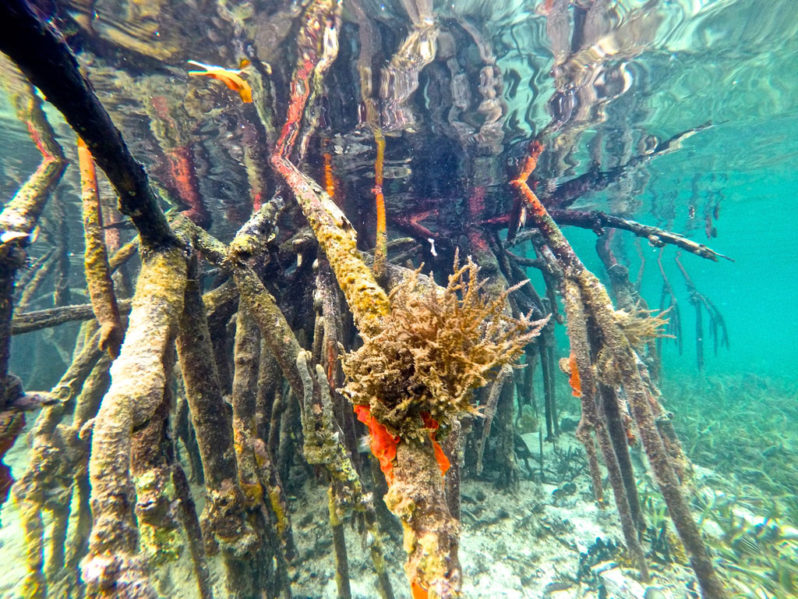
Following a recent study conducted by UN-Environment Haiti, to identify threats to mangrove ecosystems, the Ministry of the Environment, supported by UN, launched last November transplantation of red mangrove seedlings into damaged areas. 35 people have transplanted more than 85,000 seedlings…
The Caribbean is stressed out
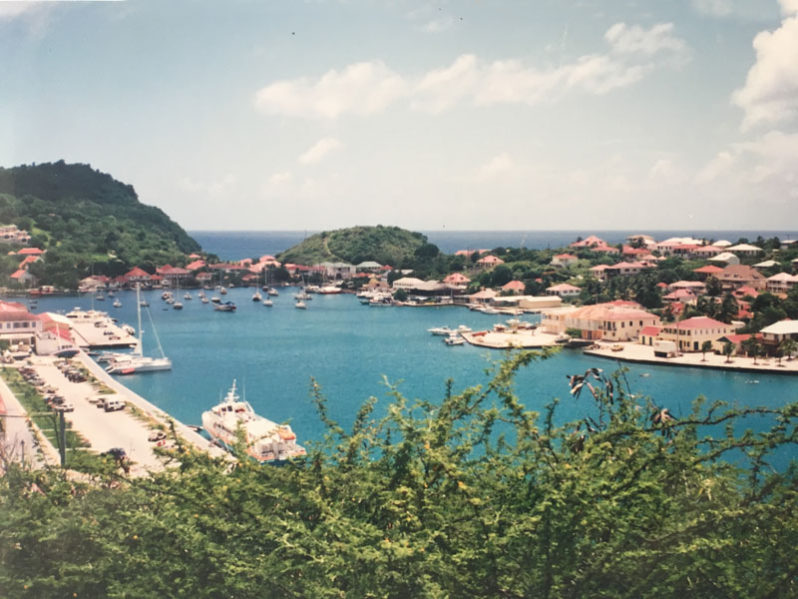
Forty percent of the world’s 2.5 billion people live in coastal cities and towns. A team of marine biologists just released 25 years of data about the health of Caribbean coasts.
Already on Brink, Right Whales Are Pushed Closer to the Edge
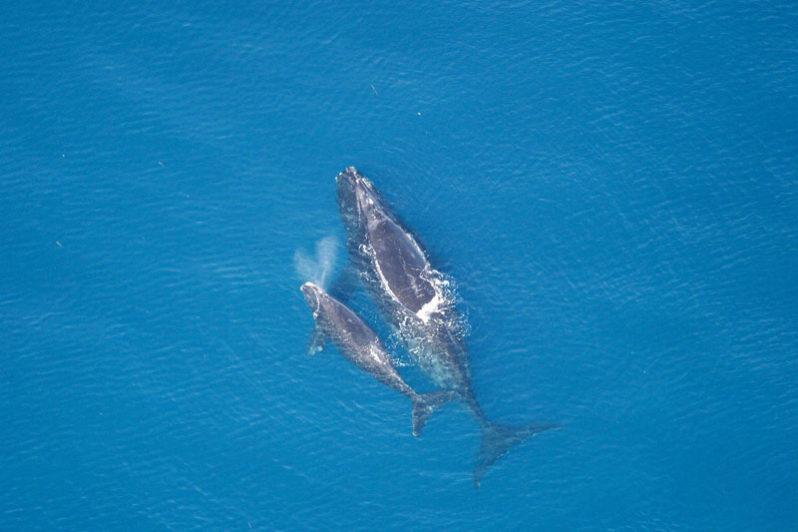
North Atlantic right whales are one of the world’s most critically endangered large whales. For a few decades, the math for North Atlantic right whales seemed to be working out, and the whales appeared to be experiencing a tentative recovery. But beginning in 2010, the tiny gains in their numbers began eroding.
Did sand from Australia’s east coast get sent to Hawaii?
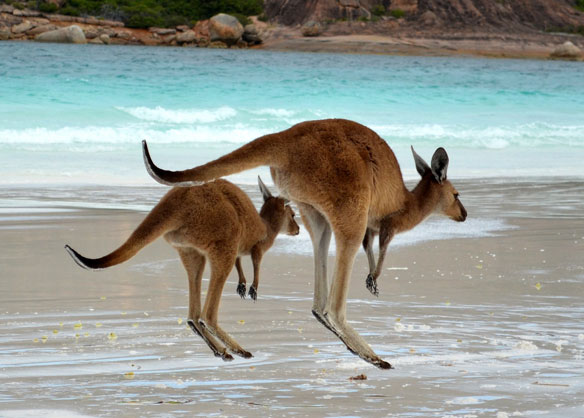
Is it true that back in the day, they used to mine sand at the beach?
Running out of sand: in numbers
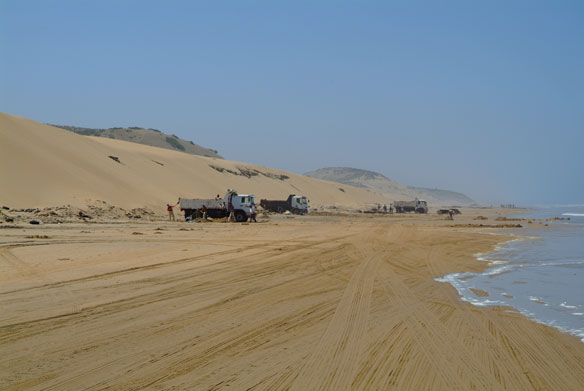
Sand and gravel are the most-extracted materials in the world. The UN believes that sand and gravel, or aggregates, account for up to 85 percent of all mining activity around the world, measured in weight.
Last of the ‘lost paradise’ islands
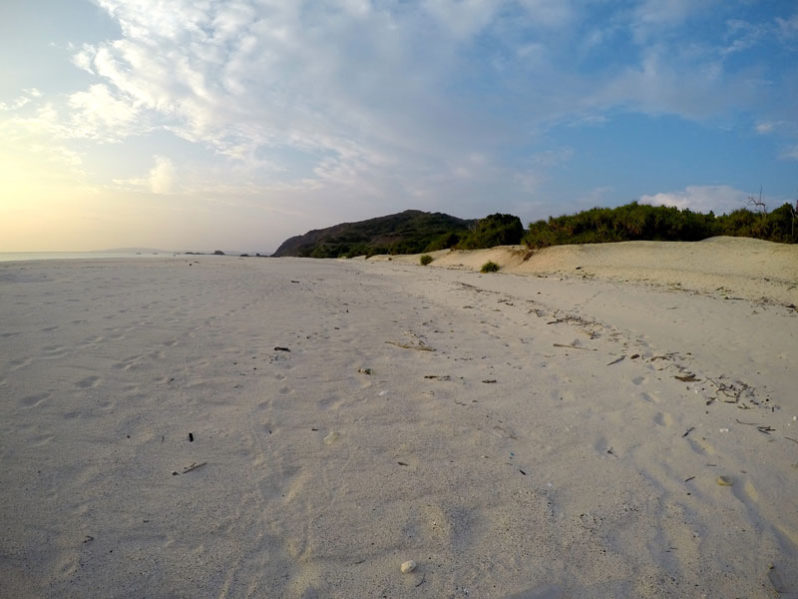
It is one of the last parts of Asia to see the sunset, it has some of the finest white-sand beaches in the world and its coral reefs are teeming with fish. But there is one big difference between the beaches on this tropical island group and Gisborne’s Midway, Waikanae and Wainui beaches: there are no people.
According To Scientists, Visiting The Beach Can Change Your Brain In An Incredible Way
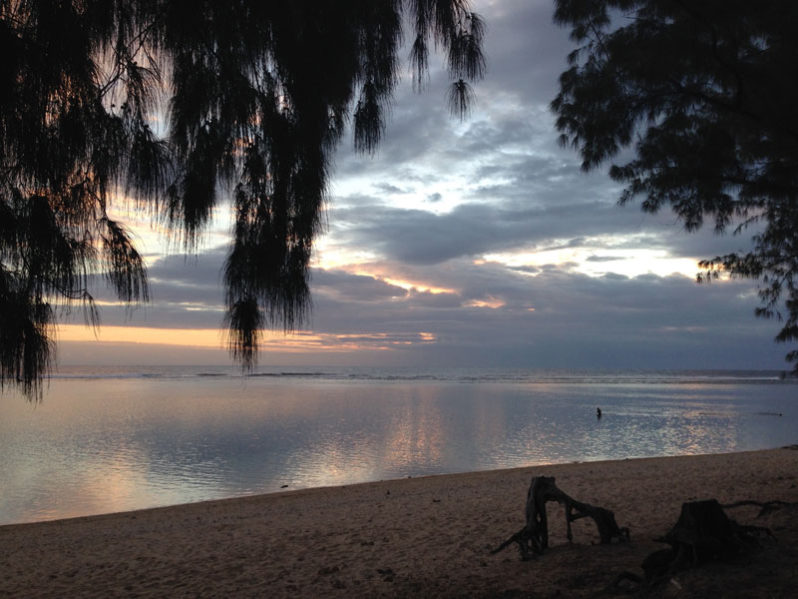
That incredible feeling of peace and calmness that you experience at the beach is now being referred to as “blue space.” That’s what scientists have dubbed the effect that the combination of soothing smells and sounds of water have on your brain. The blue space is enough to make you feel at ease in a hypnotic sort of way.
